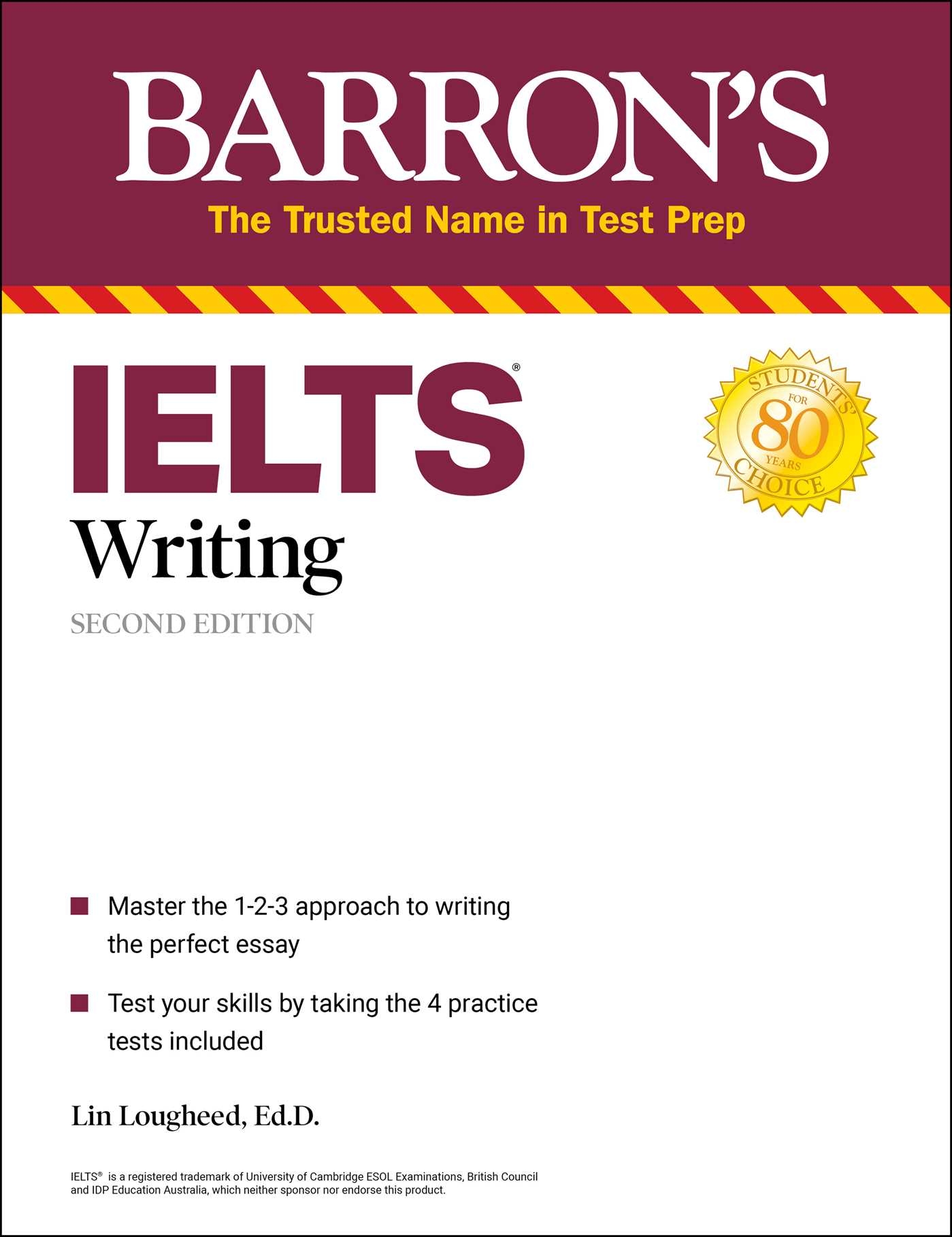IELTS, which stands for International English Language Testing System, is a standardized test that measures the language proficiency of non-native English speakers. One of the components of the IELTS exam is the writing section, which assesses a candidate’s ability to communicate effectively in written English. This part of the test is crucial as it demonstrates the candidate’s skills in grammar, vocabulary, and coherence in expressing their ideas.
For many test-takers, the IELTS writing section can be quite challenging. It requires not only a good command of the English language but also the ability to organize thoughts logically and coherently within a limited time frame. To excel in this part of the exam, candidates need to practice regularly, familiarize themselves with different types of writing tasks, and learn various writing strategies to effectively convey their ideas.
There are two tasks in the IELTS writing section: Task 1 and Task 2. Task 1 usually involves writing a report based on visual information such as graphs, charts, or diagrams. On the other hand, Task 2 requires candidates to write an essay in response to a specific question or statement. Both tasks have their own set of requirements and assessment criteria, and it is essential for candidates to understand them thoroughly to score well in this section.
To improve their writing skills for the IELTS exam, candidates can benefit from taking writing practice tests, seeking feedback from teachers or tutors, and studying sample essays to understand the structure and style of successful writing. Additionally, candidates should focus on developing a wide range of vocabulary, using complex sentence structures, and ensuring coherence and cohesion in their writing to impress the examiners.
In conclusion, the IELTS writing section is a significant part of the exam that requires candidates to demonstrate their proficiency in English writing. By practicing regularly, familiarizing themselves with the test format, and implementing effective writing strategies, candidates can improve their writing skills and increase their chances of achieving a high score in the IELTS exam.
